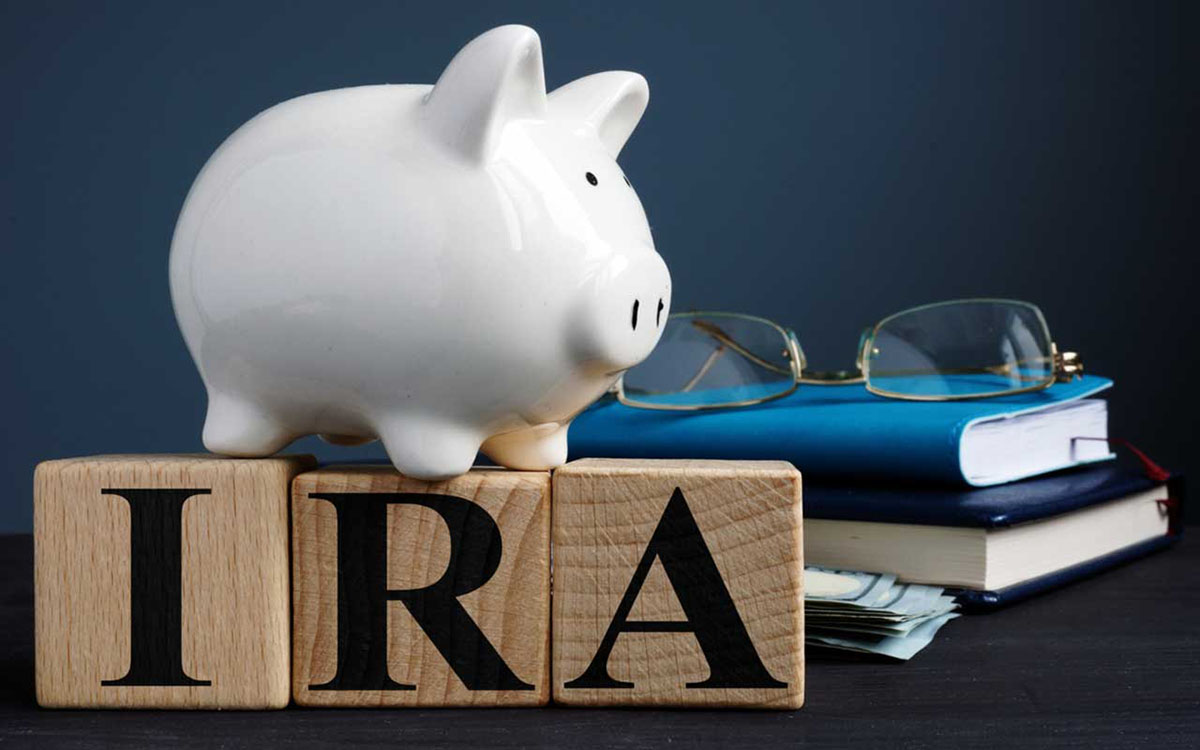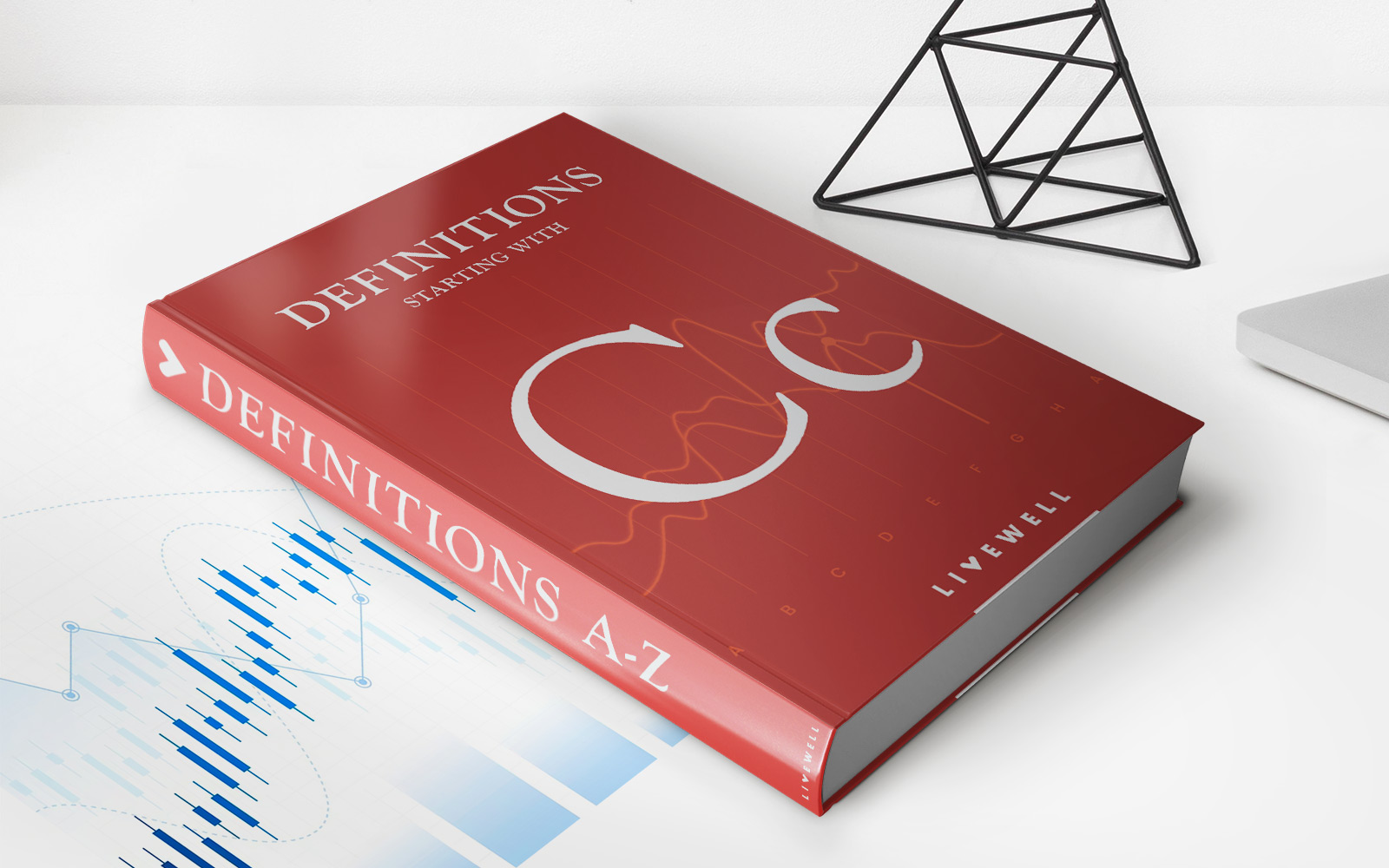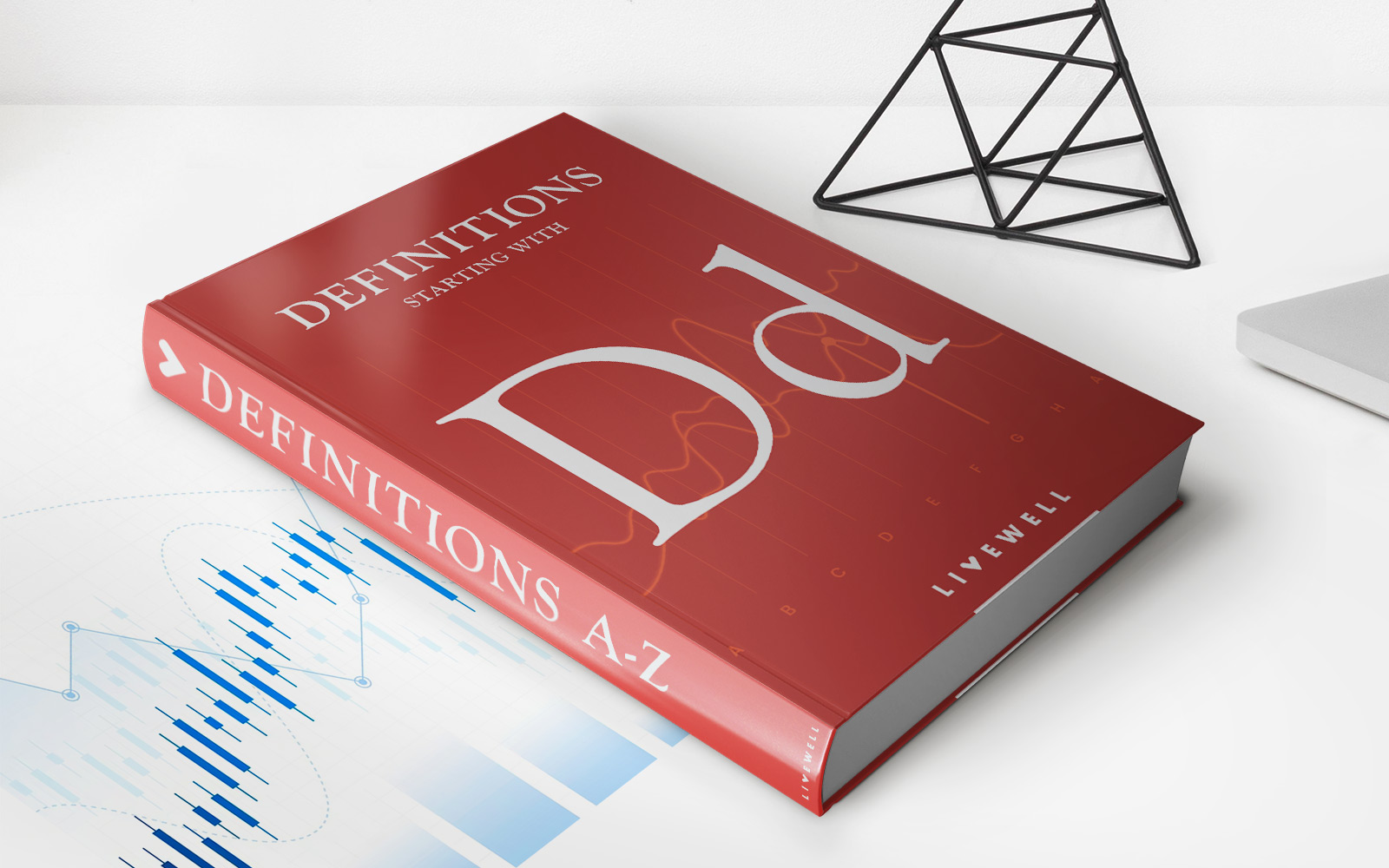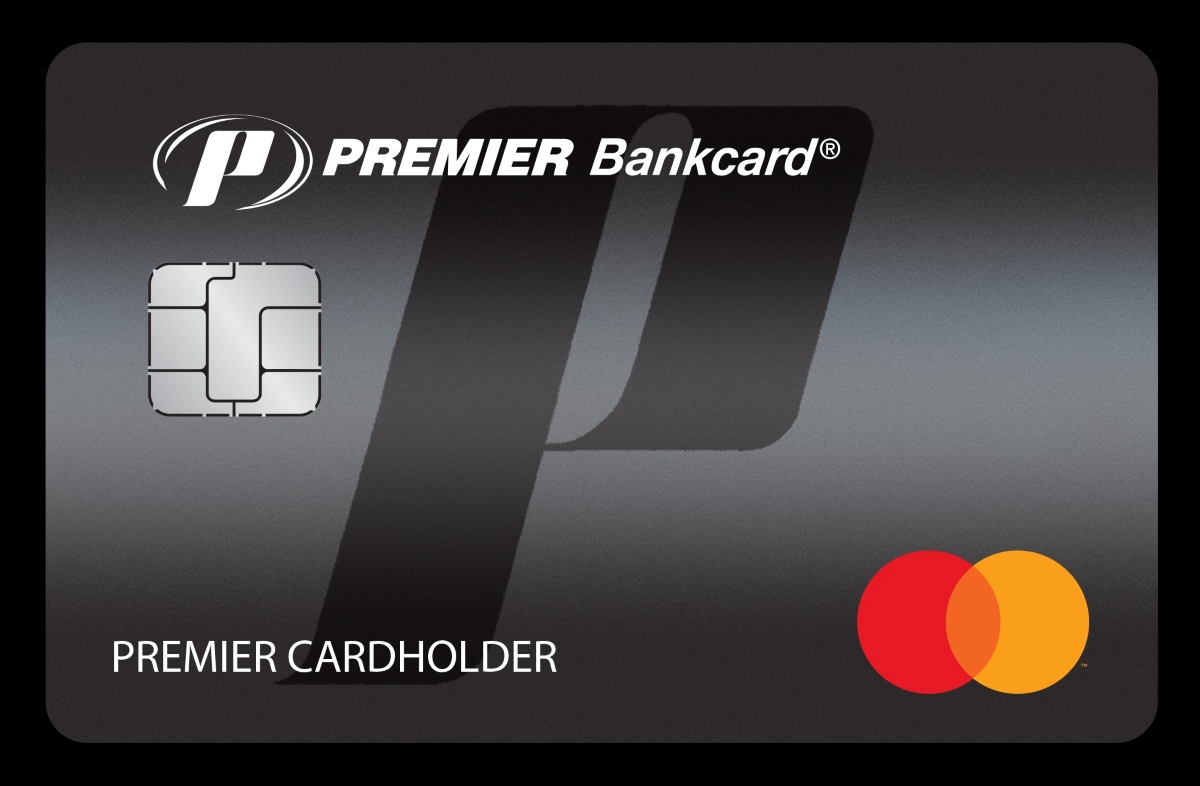

Finance
What Are The 3 Types Of Savings Accounts
Published: January 16, 2024
Looking to manage your finances? Discover the three main types of savings accounts that can help you save for your financial goals.
(Many of the links in this article redirect to a specific reviewed product. Your purchase of these products through affiliate links helps to generate commission for LiveWell, at no extra cost. Learn more)
Table of Contents
Introduction
When it comes to managing your finances, saving money is a crucial component. Having a savings account not only provides a secure place to keep your money, but it also helps you achieve your financial goals. But with so many options available, how do you choose the right savings account for your needs?
In this article, we will explore the three types of savings accounts that are commonly offered by banks and financial institutions. Each type has its own unique features and benefits, allowing you to choose the account that best suits your saving goals and preferences.
Whether you’re saving for a down payment on a house, planning a dream vacation, or simply want to build an emergency fund, understanding the different types of savings accounts will empower you to make informed financial decisions.
So, let’s dive into the world of savings accounts and discover the three main types that can help you on your path to financial well-being.
Basic Savings Account
A basic savings account is the most common type of savings account offered by banks and financial institutions. It is a great option for individuals who are starting their savings journey or prefer simplicity and ease of access to their funds.
One of the key advantages of a basic savings account is its low minimum balance requirement, making it accessible to a wide range of individuals. Most basic savings accounts require a modest initial deposit and have no minimum balance requirement, or a very low one.
Another benefit of a basic savings account is that it earns interest on your deposits. The interest rates offered on basic savings accounts are typically lower compared to other types of savings accounts, but they still provide a way for your money to grow over time.
Basic savings accounts also offer convenient access to your funds. You can withdraw money at any time through ATM withdrawals, online transfers, or in-person transactions at your bank branch. This flexibility makes it ideal for emergency funds or short-term savings goals.
However, it’s important to note that most basic savings accounts have certain limitations. For example, there may be restrictions on the number of withdrawals or transfers you can make per month without incurring fees. Additionally, the interest earned on a basic savings account is subject to taxation. It’s important to review the terms and conditions of the account offered by your bank to ensure you understand any restrictions or fees associated with it.
In summary, a basic savings account is a straightforward and accessible option for individuals looking to start saving or have easy access to their funds. It offers low minimum balance requirements, earns interest on deposits, and allows for convenient withdrawal options. While it may have some limitations, a basic savings account is a reliable choice for those seeking simplicity and flexibility in their savings journey.
High-Yield Savings Account
If you’re looking for a savings account that offers the potential for higher returns on your money, a high-yield savings account might be the right choice for you. As the name suggests, a high-yield savings account is designed to provide a higher interest rate compared to a basic savings account.
The main advantage of a high-yield savings account is the ability to earn a higher annual percentage yield (APY) on your deposited funds. APY represents the effective annual rate of return, taking into account compounding interest. The interest rates on high-yield savings accounts are generally more competitive than basic savings accounts, allowing your money to grow at a faster rate over time.
In addition to higher interest rates, high-yield savings accounts often require a higher minimum balance to open the account. This minimum balance requirement ensures that you maintain a certain level of funds in the account to continue earning the attractive interest rate. However, some high-yield savings accounts may waive the minimum balance requirement if you set up automatic monthly deposits.
High-yield savings accounts also provide the same level of convenience and accessibility as basic savings accounts. You can access your funds through ATM withdrawals, online transfers, and in-person transactions. However, it’s worth noting that high-yield savings accounts may have similar limitations on the number of withdrawals or transfers allowed per month to maintain the high interest rate.
While high-yield savings accounts offer the potential for higher returns, it’s important to consider the overall financial landscape. Interest rates can fluctuate over time, and it’s crucial to stay informed about current market conditions. Additionally, some high-yield savings accounts may come with monthly fees or specific requirements to qualify for the higher interest rate.
Overall, a high-yield savings account is a suitable option for individuals who want to optimize their savings and earn a higher return on their money. It offers a more competitive interest rate than a basic savings account and allows you to maintain access to your funds. Before selecting a high-yield savings account, be sure to compare different options and evaluate the associated fees and requirements.
Money Market Account
A money market account (MMA) is another type of savings account that combines the features of a traditional savings account and a checking account. It offers a higher interest rate than a basic savings account and provides access to your funds through checks, debit cards, and transfers.
One of the key advantages of a money market account is its ability to offer a higher interest rate compared to basic savings accounts. The interest rates on MMAs are typically higher because they are linked to the money market, where banks and financial institutions lend and borrow money from each other. This allows your funds to grow at a faster rate, making MMAs a popular choice for individuals who want to maximize their savings.
In addition to higher interest rates, money market accounts may require a higher minimum balance to open and maintain the account. Although the minimum balance requirement varies depending on the financial institution, it generally ranges from a few hundred to several thousand dollars. Maintaining the minimum balance is crucial to continue earning the competitive interest rate.
Money market accounts also provide convenient access to your funds. You can write checks, use a debit card, or make electronic transfers to access your money when needed. However, similar to other savings accounts, there may be limitations on the number of transactions or withdrawals you can make per month without incurring fees.
Furthermore, money market accounts are typically insured by the Federal Deposit Insurance Corporation (FDIC), providing protection for your deposited funds up to certain limits. This can provide peace of mind knowing that your money is safe and secure.
It’s important to note that some money market accounts may have additional features such as tiered interest rates, where the interest rate increases as your balance grows, or perks like ATM fee reimbursements. Be sure to carefully review the terms and conditions of the money market account offered by your chosen financial institution to fully understand the features and any associated fees.
In summary, a money market account offers a higher interest rate than a basic savings account while providing the convenience of check writing and debit card access. It requires a higher minimum balance but offers potential benefits such as tiered interest rates and FDIC insurance. If you’re looking to earn a competitive interest rate while maintaining accessibility to your funds, a money market account might be the right choice for you.
Conclusion
When it comes to saving money, choosing the right type of savings account is essential. Understanding the three main types of savings accounts – basic savings accounts, high-yield savings accounts, and money market accounts – allows you to make informed decisions that align with your financial goals.
A basic savings account is a great option for individuals who are just starting their savings journey or prefer simplicity and easy access to their funds. It offers low minimum balance requirements, earns interest on deposits, and provides convenient withdrawal options.
For those looking to maximize their savings and earn higher returns, a high-yield savings account is a worthy consideration. With a higher annual percentage yield (APY), these accounts offer better interest rates, although they may come with higher minimum balance requirements and potential limitations on withdrawals.
If you want the flexibility of a checking account combined with the higher interest rates of a savings account, a money market account might be the ideal choice. With the ability to write checks and access funds through debit cards, these accounts provide convenience while still earning competitive interest rates.
Ultimately, the best savings account for you depends on your individual financial situation, goals, and preferences. It’s important to assess your needs, consider the features and limitations of each account type, and compare offerings from different financial institutions to find the account that suits you best.
In conclusion, by understanding the three types of savings accounts – basic savings accounts, high-yield savings accounts, and money market accounts – you can make an informed decision that aligns with your savings goals and preferences. With the right savings account, you can effectively manage your finances and take important steps towards a secure and prosperous financial future.














